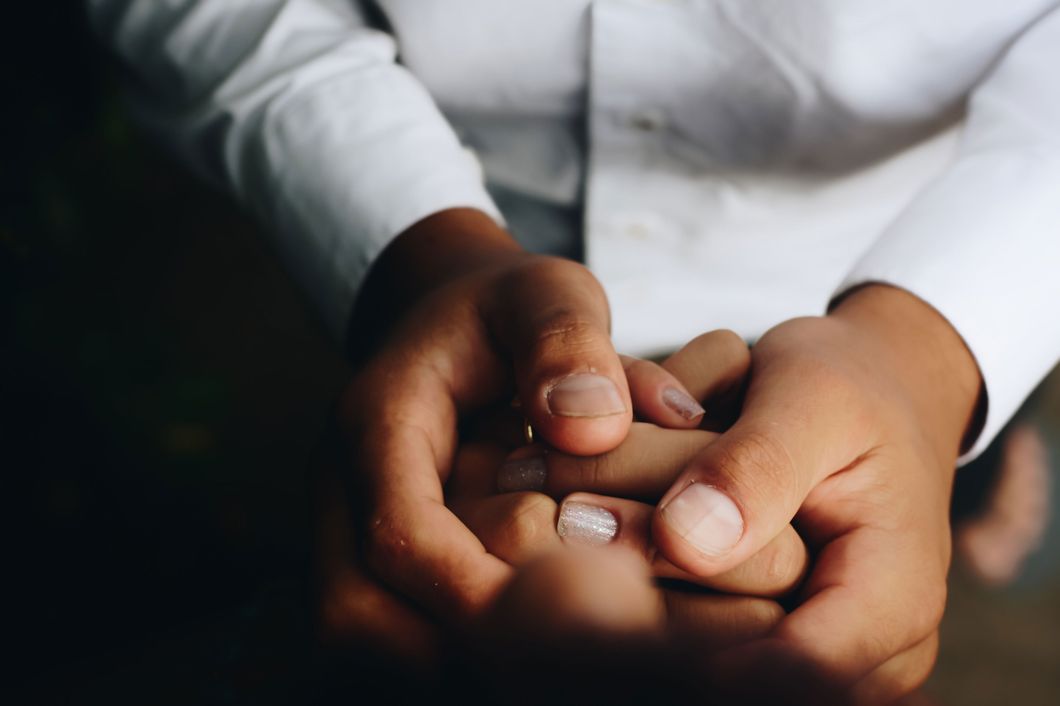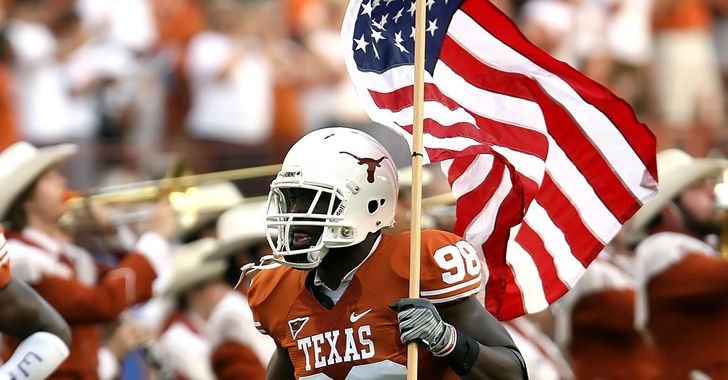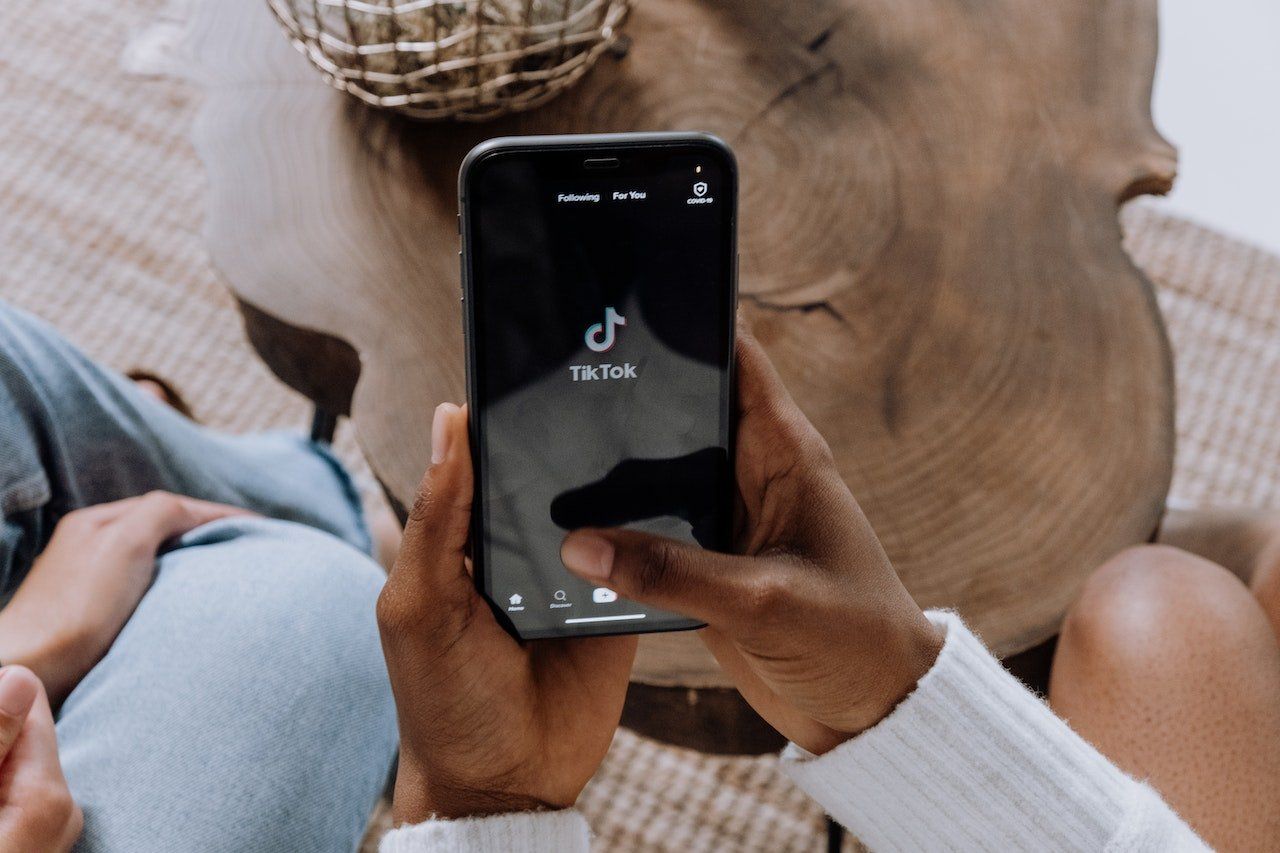Sidenote: This story itself is fictional, however, the rights and privacies the immigrants have in this story are legal and factual.
"I don't think she should go to the hospital," my mom told me as we took my sister to the hospital.
"But mom, she is sick and her temperature is at 106 degrees, we need to go," I responded. My mom and I arrived at the hospital 4 minutes later and watched as she was taken through the doors of the emergency room. My mother and I then were told to sit in the waiting area with the other people.
An hour or two later, I had noticed that my mother was still nervous about being in the hospital. My mother asked, "Do you think that they will be looking in the hospitals for people like us?" I tried to reassure her by saying, "No, we're in what's called a 'sensitive location,' the immigration authorities don't usually search for people like us here at a hospital." However, she continued to remain worried. We sat in the public waiting room for another hour before we heard a doctor called my mother's name.
As my mother left, entering the private area of the hospital, I continued to sit in the waiting room, since they were only allowing one person at a time at the moment; they said something about my sister being susceptible to germs and such, and that they wanted her to have the least exposure possible. In order to calm myself, I started to just observe other people around the room, and just as I began to look out the nearby window, I saw a car that said 'Homeland Security' pull up and my hands began to shake.
I immediately went up to the front desk to see if I could be in the same room as my sister in order for the immigration authorities not to see me. My efforts were denied and I was told to go back to my seat, however, the receptionist told me to say, "I have the right to remain silent," and pointed her eyes toward the authorities walking through the sliding doors.
My palms began to sweat as they went up to each individual person, asking for their citizenship status, with each answering either, "American" or "Citizen." Then a man came up to me and asked me the same question, "Ma'am, what is your citizenship status?" "I have the right to remain silent," I replied. Then he looked at me for a moment, gave me a glare, then walked up to the front desk. I had a deep sigh of relief as he was at the front desk talking to the receptionist, and grabbed a magazine as fast as I could to not look suspicious.
"I am looking for a family called _____. Are they here at your hospital?" he asked at the front desk. After the receptionist nodded yes, he then demanded that he be guided to the room my family was in. As he was saying this, the hairs on the back of my neck began to stick straight up. What would I do without my mom and sister if they were deported!
"No, sir, unless you have a warrant or are a member of the family, I cannot let you into their hospital room," the receptionist responded; she glanced at me while saying this. "Ma'am do you know that it is illegal for anyone to be harboring illegal immigrants," he told her. "Knowingly yes, however, the Health Insurance Portability and Accountability Act states that we medical staff cannot reveal any patient information without patient consent. You cannot even go to that area of the hospital without a warrant," she said.
The officer looked angrily at her when she said this. He then began to go through documents on the front desk itself when she yelled "Stop! Those documents have confidential patient information and you are not allowed to go through them!"
"Yes I can!" he shouted.
"Without a warrant, you cannot!"
"Well tell me, ma'am, what can I do," he then asked her. "What you can do is to look at the information in plain view, such as this," she replied, pointing at a paper that stated the details of a fundraiser at the hospital next week. "You can only look at what you see, such as this paper, but you cannot touch any document in order to see information under it, not a peek," she said confidently.
He looked even more frustrated and was infuriated with her. He then turned around facing me and shouted, "Everyone in this room, show me some ID that indicates your legal status, or you will be questioned by immigration authorities." The receptionist by the looks of her face had enough of this and yelled, "You do not have to give them anything! You all have the right to not be subjected to unreasonable searches and seizures." She then turned to the officer and said "I recommend that you reread our constitution sir, and in fact, California State Law. "Everyone who enters this country is entitled to the rights stated in the Constitution of the United States, regardless of their citizenship status."
The officer looked at her in shock, since he was used to getting his way, and after ordering the other officers to leave, left the hospital. As soon as the car left, everyone got up and cheered for the brave receptionist for her actions. She tried to brush it off because of her feeling embarrassed, yet at the end of the clapping said: "If you guys have any questions regarding your rights in a hospital, I'm your girl."
Soon after everyone sat down again, she called me up to the desk and put her hand on mine. "Everything is going to be alright," she said, "and you can go see your sister now, I'm sure your mother wants you to join her also." I thanked her and ran into the private area of the hospital. However, I looked back one last time and smiled as I saw the receptionist continue her work as if nothing had happened. "I guess not all heroes have to wear capes," I muttered, and then went down another hallway that led to my sister's room.
Further reading to understand your rights:









 Photo by
Photo by 









































